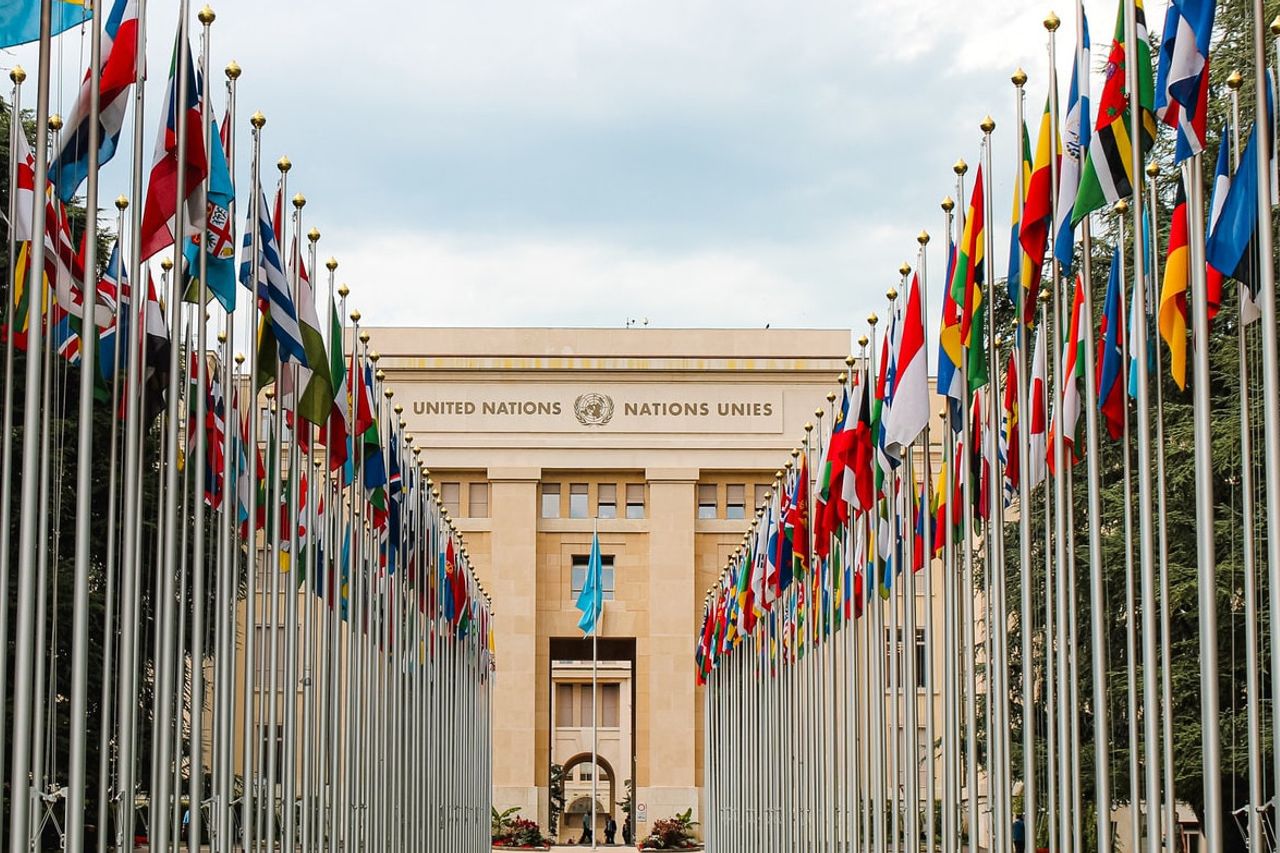UN DK Fails To Expand Mandate Monitoring Of North Korean Sanction Enforcement

JAKARTA - The divided opinion of UN Security Council (DK PBB) members resulted in the failure to adopt a new resolution to expand the mandate of a panel of experts tasked with monitoring the enforcement of annual sanctions against North Korea.
The 15-member vote on the council which took place on Thursday (28/3) in Washington provided the results of 13 countries supporting resolutions, Russia using veto rights, and China abstain, reported by ANTARA from Yonhap, Friday, March 29.
Because Russia uses veto rights, the mandate fails to be extended for another year, even though the panel mandate will expire on April 30. This failure has never happened before which has the potential to weaken global efforts to curb Pyongyang's nuclear and missile threats.
Facing the failure of the resolution, UN DK members conducted intense negotiations with Russia which it said had proposed a "sunset" clause to end the UN DK sanctions against North Korea. Of course these demands are unacceptable to Seoul, Washington and other members.
If the clause is adopted, it will impose anti-Pyong sanctions that are only valid for a certain period of time unless there is a UN DK agreement that will impose the sanctions for other agreed periods of time.
The destruction of the panel of experts comes amid an increasingly deepening division in UN DK with Russia that seeks closer ties with China and North Korea amid an ongoing war in Ukraine, and the United States, its allies and partners are further tightening solidarity.
The panel mandate has been extended annually since its launch in 2009 in line with the 1874 UN DK Resolution adopted in response to North Korea's second nuclear test in May of the same year.
SEE ALSO:
By assisting the UN DK Sanctions Committee for North Korea, the panel serves as the main institutional platform to oversee sanctions against North Korea. The panel of experts has published two reports annually.
The report consists of provisional reports and final reports containing examples of sanctions violations based on information from UN member countries and other open source materials.
South Korean Ambassador to the United Nations Hwang Joon-kook criticized Russia's use of veto rights and stressed that there was no justification to dissolve the UN sanctions regime against North Korea.
"Today, we are witnessing another setback in the authority of this great body, as well as in the international non-proliferation regime. The permanent members of the Security Council and the storage of non-proliferation agreements completely ignore their responsibilities," he said.

